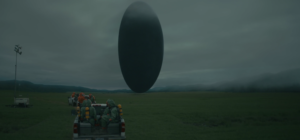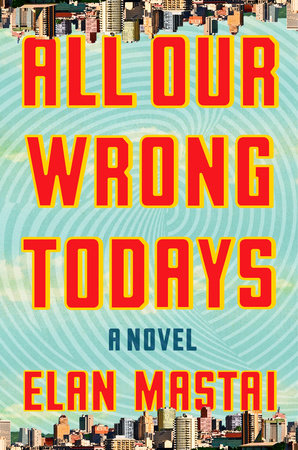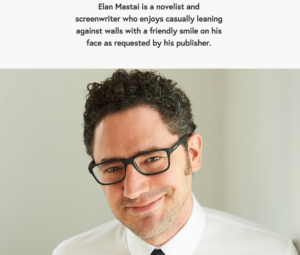Should you watch Arrival? Yes. You should watch Arrival. This is the film Contact (“Whatever it is, it ain’t local.”–sorry Jodie) wanted to be twenty years ago.
Arrival begins with a trope best known from Arthur C. Clarke’s Childhood’s End, not to be confused with the television adaptation that, tragically, fell victim to the pitfalls of that format but is definitely still worth a watch. Twelve large coffee beans, obviously representing the Apostles, appear hovering at various positions on Earth and offer contact in the form of doors that open periodically to allow ingress.

This film caught us completely off guard. We remained deeply skeptical even after enjoying the first half of the film, but as the pieces clicked together, we were swept away by Arrival’s elegant undertow. If you are caught in a riptide, you should swim sideways. We let this one carry us out to sea.
We cannot say too much about the film, except that it depends on the Sapir-Whorf Hypothesis. Our rudimentary understanding is that the language you speak defines the way in which you think. We are not linguists, but this does remind us of Marshall McLuhan’s theory that a medium that enables communication also structures, or limits, communication. (The DMS recommends this reader if you are unfamiliar with McLuhan.) Noam Chomsky’s work is heavily critical of the Sapir-Whorf Hypothesis, and it looks as though modern linguistic theorists (yes we know that Chomsky is still alive) are also skeptical.
We realize that we are mixing linguistic theory and media theory, but when you have a scumbag in office whose preferred method of communication is limited to 140 characters, it is worth thinking deeply both about language and the media we use to communicate. Arrival begs us to think deeply about these things insofar as it literally centers on our relationship with aliens. The message there is relatively overt.
To use an example from McLuhan, think about an automobile as a medium for communication. We built our country’s infrastructure around the automobile, and now we are finding it difficult and costly to change that infrastructure. Here at the DMS, we care about how people consume media and communicate. Arrival explores how we may be limiting ourselves.



